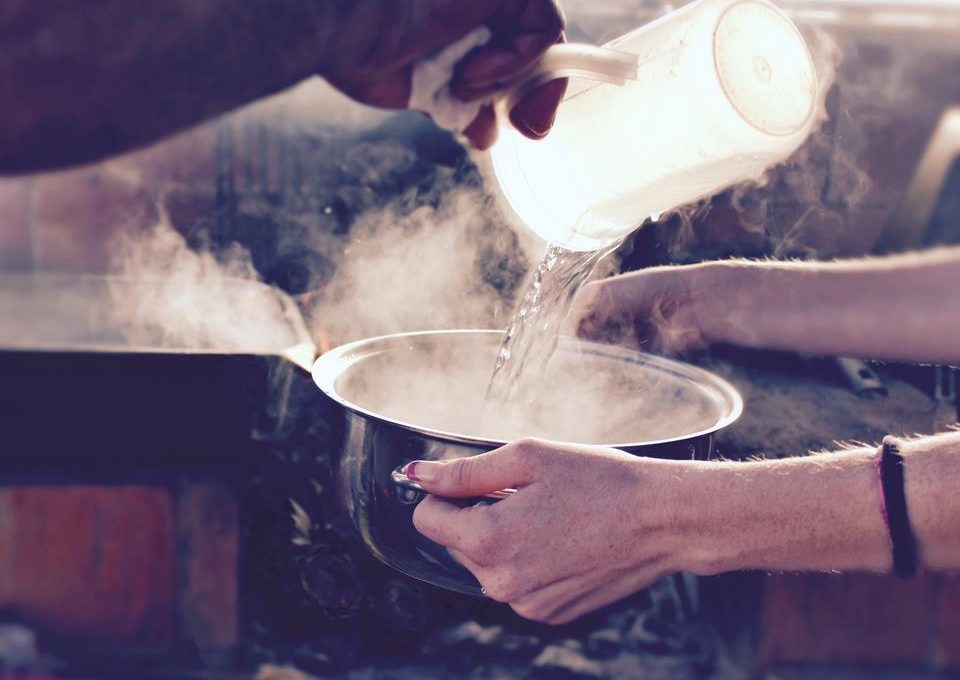If you’re wondering how to cook fava beans, you’ve come to the right place! This tasty legume is a great source of fiber, folate, and low-fat protein. In fact, it’s the perfect food for vegans, vegetarians, and anyone looking for a healthier option. Read on to learn how to prepare fava beans in any recipe! It’s also good for your health, too: fava beans contain no cholesterol and are a great source of fiber, folate, and protein.
fava beans are a source of fiber, folate, and low-fat protein
Flavorful and delicious, fava beans are also a good source of folate and fiber. They have a low fat content and can be cooked in a variety of ways. Cook them in a pot and add some salt to taste, or roast them in the oven. Either way, you’ll be getting a good serving of a great spring food.
The high folate content in fava beans is especially important for pregnant women. Just one cup of cooked fava beans has about 177 micrograms of folate, which is useful for energy metabolism, the nervous system, and the production of healthy red blood cells. Additionally, folate is a good food for moms-to-be, as it helps protect against the development of a baby’s brain. It is also known to reduce the risk of birth defects in babies.
The fava bean is an ancient and widely-used vegetable. It is an erect plant with thick, green pods that can be grown in a home garden. The flowers appear about three months after the seedling, and the plant produces pods with six to ten flat, oval-shaped beans inside. The legume is high in protein, fiber, and energy, and 100 grams contain 341 calories. It also contains antioxidants, vitamins, and minerals, and is considered a healthy food source.
Fava beans are an excellent source of fiber, folate, and low fat protein. They also contain less fat than most legumes and can be incorporated into your meal. The USDA Dietary Guidelines for Americans recommend that you consume foods that contain more fiber and low-fat protein. This includes fava beans, which rank as a nutrient-dense food because they provide a substantial amount of vitamins and minerals per calorie.
Fava beans are high in fibre and protein, so they can help you manage your weight and help manage diabetes. In addition to these benefits, fava beans are also low in glycemic index (GI), which means they’re great for managing your blood sugar levels and reducing your risk of heart disease and diabetes. You can eat them raw or cooked and reap the benefits!
They are a source of fiber, folate, and low-fat protein
Consuming fava beans can help lower your risk of high blood pressure, heart disease, and other health problems. Their high protein content makes them a great source of fiber, folate, and low-fat protein. Approximately 10 grams of protein are contained in a single serving. In a recent study published in the European Journal of Clinical Nutrition, 89 women with obesity who followed a high-protein, low-fat diet saw significant weight loss and decreased cholesterol levels.
Fava beans are high in folate, which helps prevent birth defects in babies. Approximately 177 micrograms of folate per cup of cooked fava beans is recommended for a pregnant woman. Folate aids in energy metabolism, the support of the nervous system, and the production of healthy red blood cells. Added to these benefits, folate is particularly beneficial for moms-to-be. Folate is also associated with a lower risk of birth defects, such as anencephaly.
A single cup of fava beans provides about 20 percent of your daily requirements for vitamin D. Folate helps protect the heart, helps form red blood cells, and is essential for the immune system. Manganese plays an important role in the metabolism of proteins, carbohydrates, and cholesterol. This makes fava beans an excellent source of protein for vegans, vegetarians, and other health conscious individuals.
Another excellent source of low-fat protein and fiber is fava beans. A quarter cup contains nine grams of dietary fiber. Soluble and insoluble fiber are both beneficial to the body. Soluble fiber has been shown to help lower cholesterol and blood sugar levels. In addition, phytosterols have been shown to decrease blood cholesterol. The antioxidant phytosterols in fava beans may help protect the breast against cancer.
In addition to being a good source of fiber, fava beans have many health benefits. They may be particularly beneficial for pregnant women because of their high folate content. Additionally, fava beans are excellent sources of folate and low-fat protein. Fava beans contain a protein called L-dopa, which is a precursor to depression and a monoamine oxidase inhibitor. This protein can also cause red blood cell breakdown.
Podobne tematy




